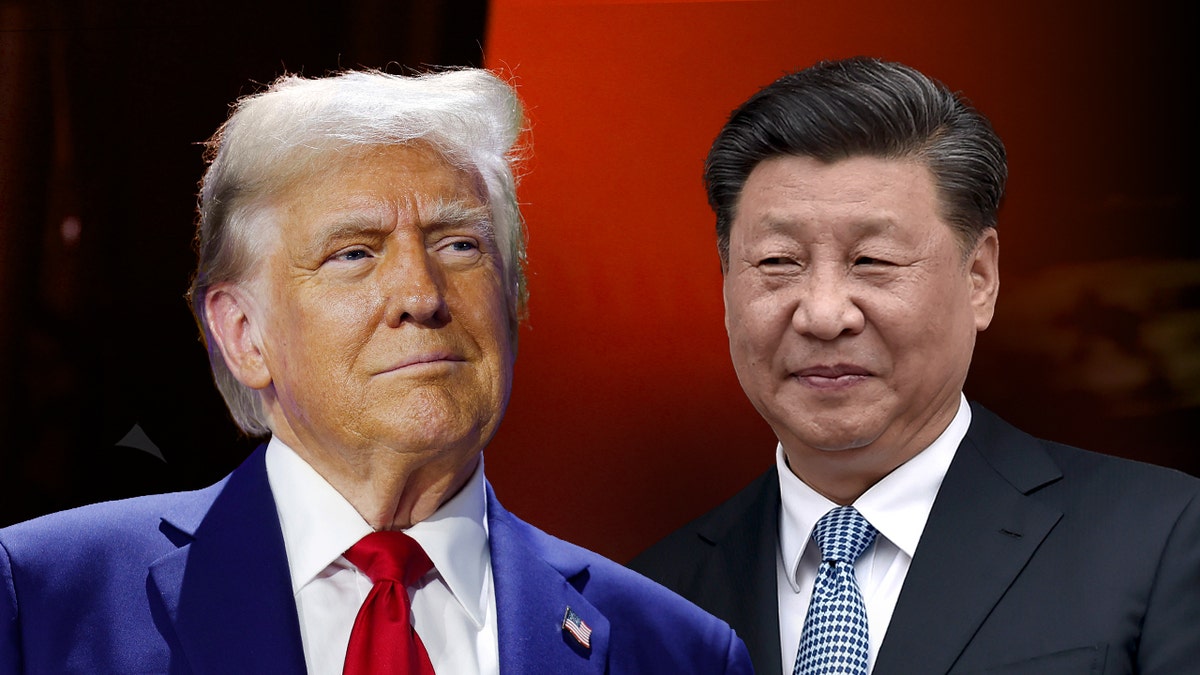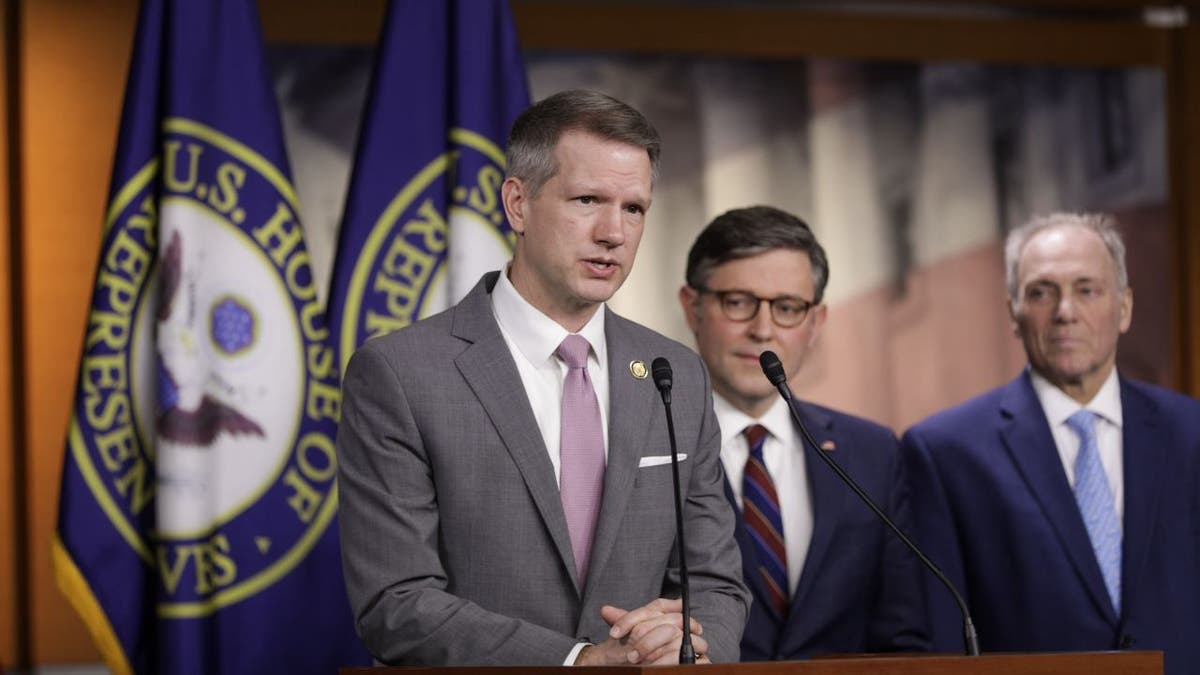Former President Donald Trump's tariff plans are back in the spotlight with the reintroduction of the U.S. Reciprocal Trade Act by Representative Riley Moore (R-WV). This bill aims to empower the president to adjust import taxes, requiring congressional notification but allowing unilateral action. Moore criticizes past trade policies for weakening American manufacturing and praises Trump for addressing this issue.

The act would grant the executive branch greater leverage in trade negotiations, potentially leading to reduced tariffs on American goods. Trump himself has endorsed this legislation, envisioning it as a means to either eliminate foreign tariffs on U.S. products or generate substantial revenue for the country.

Trump's recent proposal of a 10% tariff on Chinese imports, citing fentanyl trafficking through Mexico and Canada, aligns with his campaign promise to utilize tariffs to address the national debt. He has also advocated for an "External Revenue Service" to collect revenue from foreign sources.
While Trump views the Reciprocal Trade Act as a tool to level the playing field for American workers, critics like Rep. Suzan DelBene (D-WA) express concerns about potential cost increases for consumers and economic repercussions. Some economists warn that widespread tariffs could trigger a recession and retaliatory measures from other countries, negatively impacting American businesses and workers.
Comments(0)
Top Comments